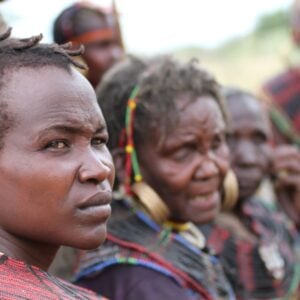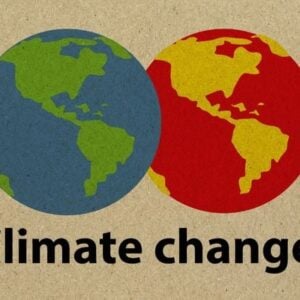Hurricane Melissa, currently a powerful Category 4 storm moving slowly across the Caribbean Sea, is expected to intensify into a Category 5 hurricane with sustained winds exceeding 157 mph (about 252 km/h). The storm threatens to bring days of destructive weather to Jamaica, Haiti, Cuba, and the Dominican Republic, raising fears of infrastructure collapse and disruption of essential services across the region.
UNICEF’s Regional Director for Latin America and the Caribbean, Roberto Benes, underscored the urgency of preparation to reduce damage and loss of life, noting that small island nations remain particularly vulnerable to extreme climate events. He emphasized UNICEF’s role in strengthening national systems to anticipate and respond to climate-related emergencies and deliver life-saving services to children and families in crisis.
In anticipation of Hurricane Melissa’s landfall, UN agencies and humanitarian partners have mobilized extensive preparedness measures. Relief supplies—such as hygiene materials, water purifiers, medical kits, and cash assistance—have been pre-positioned across multiple countries. In Haiti, 450 metric tons of food, cash transfers for 9,500 households, and hygiene and shelter kits for tens of thousands of people have been distributed. In Jamaica, authorities and the Red Cross have prepared emergency shelters and stockpiled relief items for up to 165,000 residents in high-risk parishes, including Kingston, Saint Catherine, and Portland.
Communities across the region are already feeling the storm’s early effects, with torrential rain, flooding, and strong winds battering several areas. Forecasters warn that the flooding could surpass that of Hurricane Beryl 16 months earlier, which caused widespread destruction. Low-lying and coastal settlements are especially at risk of severe flooding, while landslides threaten mountainous regions. Transportation hubs, including ports and airports, could face significant disruption, complicating emergency operations.
Tragically, reports of casualties have begun to emerge. In Haiti, three people lost their lives and one was severely injured following a landslide in Port-au-Prince, while another death has been reported in the Dominican Republic.
According to UNICEF, disasters across Latin America and the Caribbean have affected an average of 11 million people annually over the past decade, including nearly four million children. As Melissa approaches, national authorities are urging communities to heed evacuation orders and safety guidelines. UN agencies continue to coordinate closely with governments and humanitarian partners to safeguard lives—especially those of children and the most vulnerable populations.







